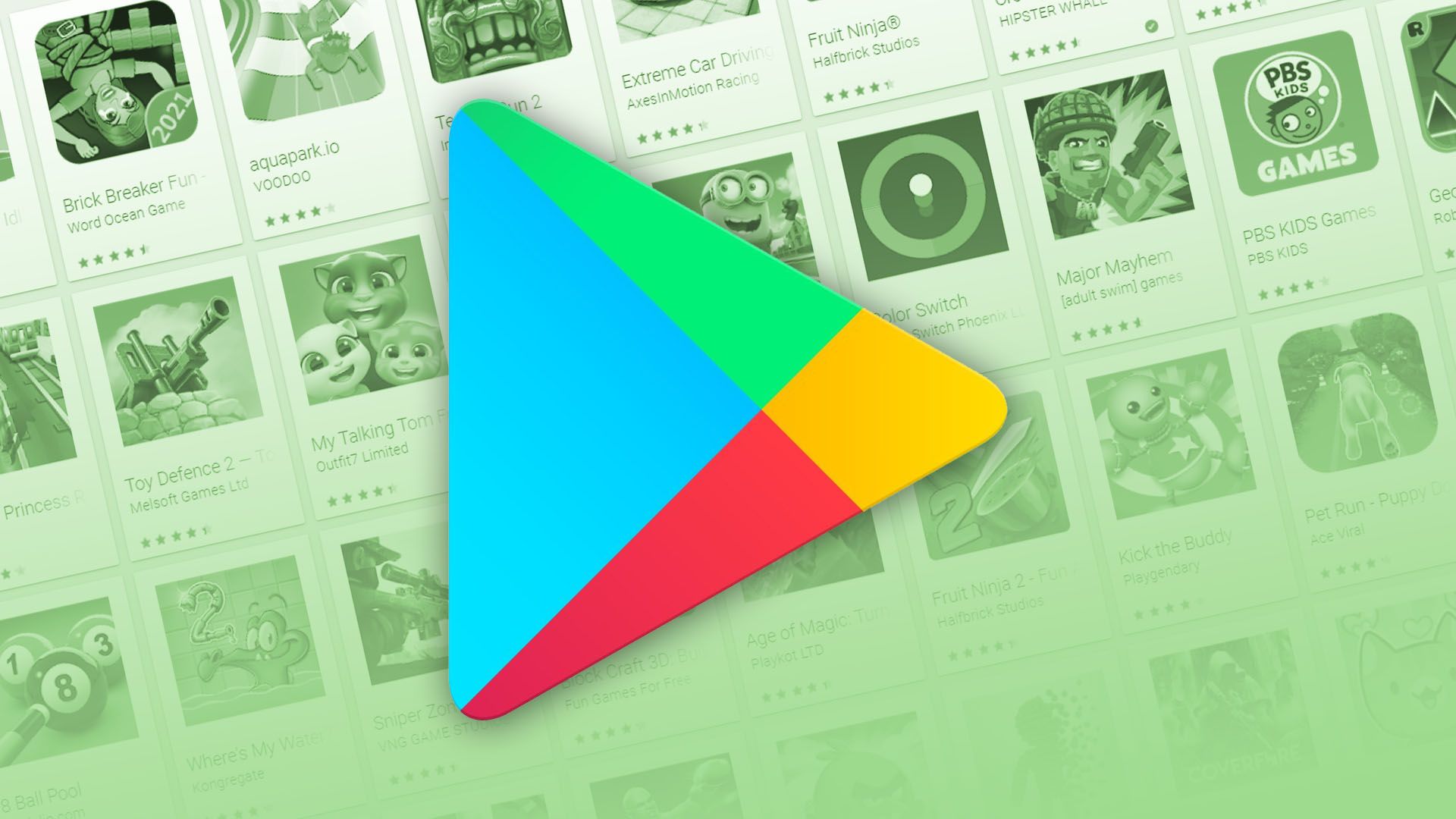The Apple vs. Epic drama probably isn't over yet, but the courts have come to one conclusion. While it's far from the victory Epic may have hoped for, the court has issued an injunction against Apple that should at least allow developers to point customers to non-Apple payment options. It's a small bit of good news for iOS developers, but it leaves us in Android land wondering: How might this affect Google's Play Store billing enforcement changes, which are set to kick in at the end of this very month?
Right off the bat, I'd like to point out that the injunction isn't against Google, so the immediate impact here is zero, but there could be some very important spill-over if this is taken as a precedent. If it is, nothing is stopping Epic or another company from pursuing their own action against Google itself for its planned changes.
In case you've forgotten (which would be understandable), Google actually has the same rules that Apple did when it came to in-app billing, the difference is that it didn't aggressively enforce them, but it plans to start doing that at the end of this month. Until now, apps like Spotify and Amazon's Kindle have been able to get away with essentially ignoring the rules, and that's why you can buy books right from the Kindle app on your Android phone or tablet, but you can't do that on your iPhone or iPad. Technically that was against Google's rules, but the company kind of didn't care — at least, if you had a big enough name. Google even offered special deals for particularly large companies that were willing to use its in-app billing rather than their own.
Google's Play Store billing policies, set to be more aggressively enforced on September 3oth.
Ultimately, though, Google does plan to start enforcing these rules on September 30th, 2021. While there are still a handful of exceptions, like for physical goods and services or utility bills, Google's policies are clear that all other apps that charge for functionality, digital content, or non-physical goods will need to use Google Play's billing system, and that apps "may not lead users to a payment method other than Google Play's billing system," with examples that make it abundantly clear developers can't throw in an extra button to make a payment in a different way alongside the approved system.
However, Google's policies would violate the current injunction against Apple if it were enforced against Google.
Now, I'm not an attorney, but some of the folks that run The Verge are, and the site's analysis of the injunction is pretty clear: "In short, iOS apps must be allowed to direct users to payment options beyond those offered by Apple." Contextually, this wasn't the victory that Epic was after, but it is a small step that would allow iOS developers to include alternative billing systems alongside Apple's and which could mean apps like Spotify or Kindle could bring back separate billing systems, giving developers on iOS a leg up over the changes that are about to land on the Play Store at the end of this month.
We've reached out to Google regarding the upcoming change and whether it plans to adjust those plans in light of the injunction scheduled to be imposed on Apple. Google didn't immediately respond to comment.
It's important to note, the injunction against Apple is scheduled to take effect on December 9th, giving both Apple some time to appeal that (it almost certainly will) and Google some time to ruminate on what it plans to do should the injunction hold. But I would bet that Google will ultimately have to change its plans to match if it does, giving app-makers on team bugdroid the same benefits that Epic just won for iOS developers.


